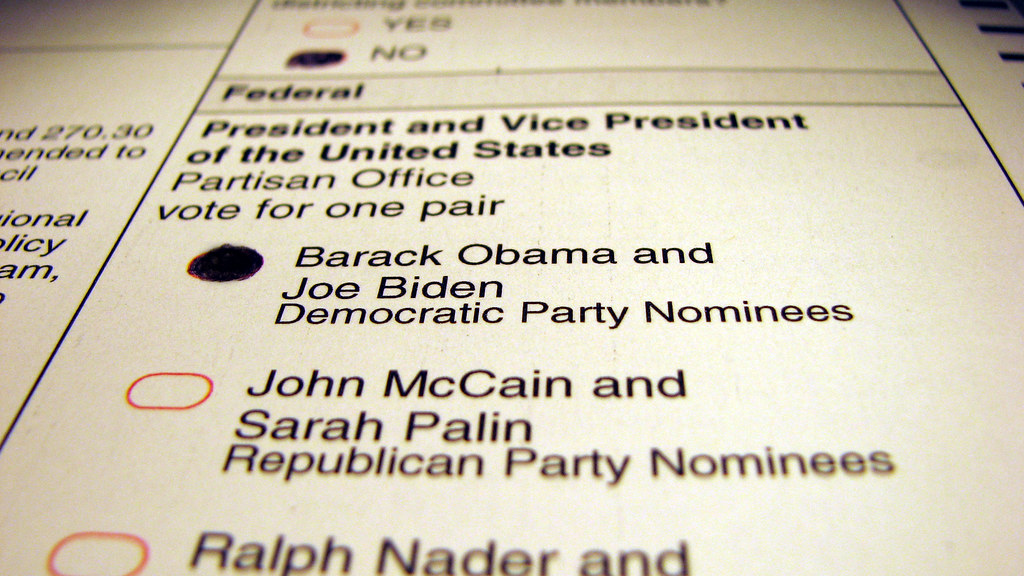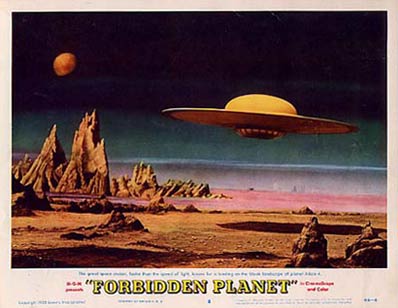Remaking Science Fiction
/IO9 pointed me to a couple of interesting articles published by the LA Times over the weekend - Hollywood remakes sci-fi classics. This is nothing new, by any stretch of the imagination. (You'll get the pun in a second...) As I've talked about before, franchises are very good things for the Science Fiction industry if you want to make money. It guarentees a fanbase and can really bring together a huge community of people (with deep pockets, at times, especially collectors). What these articles bring up is a bit of a paradox that this presents the Science Fiction genre - for a genre that often is associated with the future, things that are new and unheard of, having sequel after sequel of some franchises seems to be hypocritical at best.
The future looks very familiar. Science fiction, by its nature, is a celebration of the new, but you wouldn't know that by watching Hollywood's space operas. "Star Trek," for instance, is on the way back to theaters next summer in hopes that moviegoers will still want to boldly go where millions and millions have gone before. And it's been more than 30 years since "Star Wars" made film history, but the Force is still very much with us -- whether we like it or not -- with a seventh film in theaters this past summer, one of the year's bestselling video games and a new weekly animated television show (there's also talk of a live-action series in the next year or two).
And that's just the tip of the meteorite.
The "Terminator" and "Robocop" franchises are being revved up now for more mechanical-man mayhem, and classic films such as "Forbidden Planet" and "When Worlds Collide" are in the remake pipeline, while the new take on " The Day the Earth Stood Still," starring Keanu Reeves, opens Dec. 12. Even " Battlestar Galactica," which began as a small-screen "Star Wars" knockoff in the 1970s, has been revived with spectacular results and will break new ground in 2009 with the TV movie "Caprica" on Sci Fi, with a series to follow.
This has really never occurred to me, mainly because of the things that I've grown up with, but also because I happen to agree with William Shatner when he talks about the subject:
"Science fiction should be about ideas and what it means to be human, it should always be about the new and the challenging"
While I think Shatner can be a bit of an arrogant twit, he's hit the nail right on the head - while a lot of science fiction property exists as franchises, this isn't necessarily at odds with the subject material. Battlestar Galactica certainly proved that you can take a much older franchise and turn it into something both new and relevant to today's society and culture. It's the content that matters, and what makes the best series and works easily accessible, relatable and relevant to modern society.
The classic books, such as Dune, Ringworld, Foundation, Neuromancer, (to name a very few off the top of my head), are still widely read today because they have messages that readers can go back to. The same thing goes for films and television series, such as Babylon 5 and Star Trek. These shows are still popular, and will likely remain so because of the messages that they have. One point that can be taken from some of these franchises being remade and redone is that they still have a lasting message, one that can be updated for the times or done in new ways. While this obviously doesn't work out all that well for some places, I think that it still speaks to the longevity of some stories.






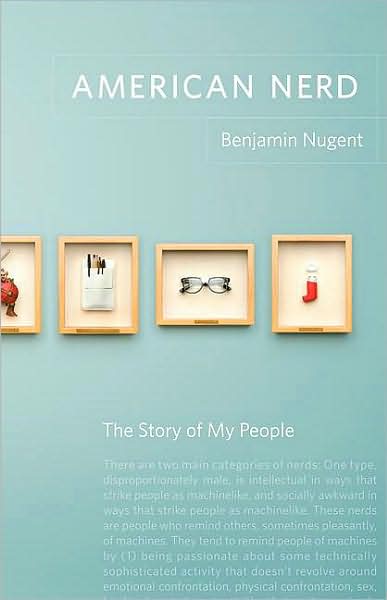



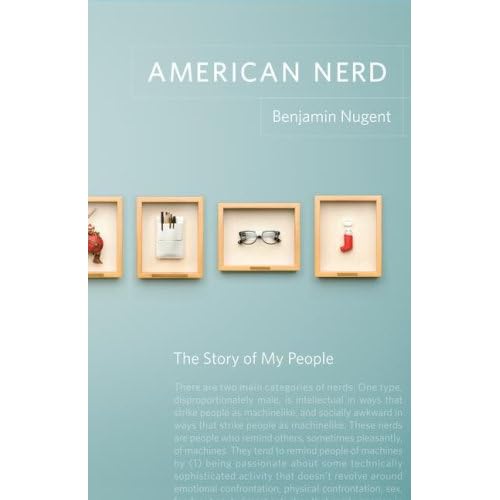
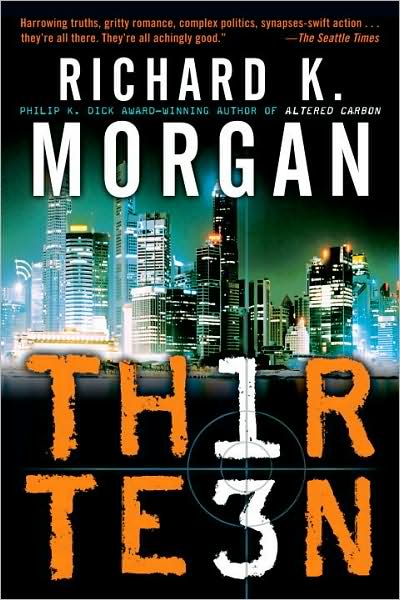



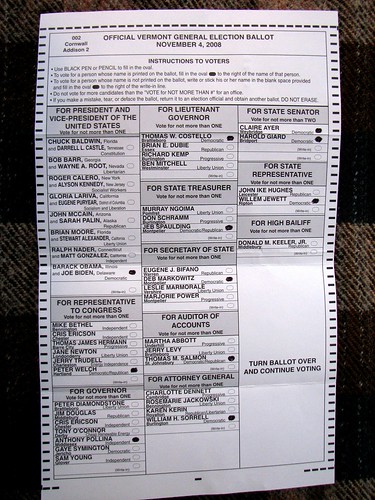 Not mine, but what I used
Not mine, but what I used